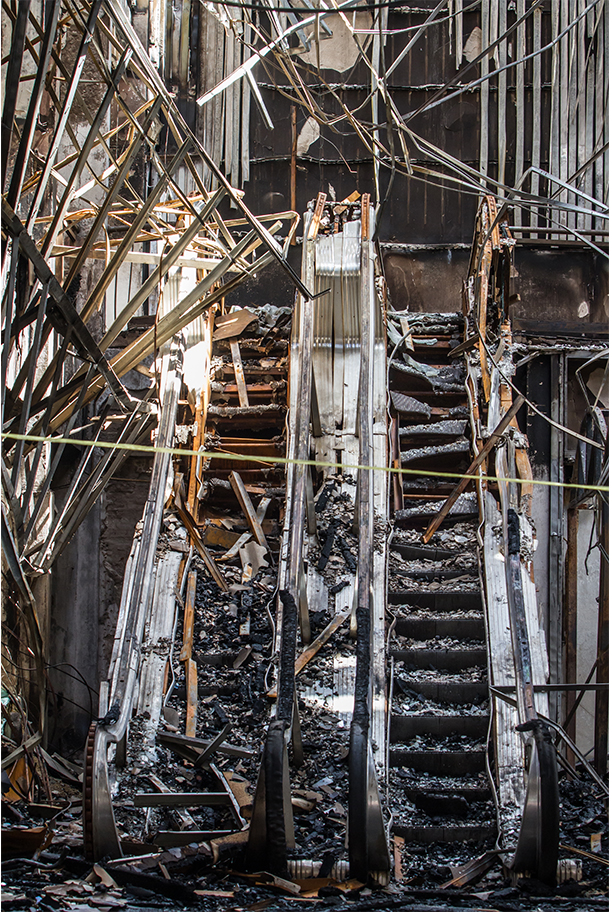Search for insurance help
5 Ways To Reduce Financial Impact Of A Fire on Businesses
- the physical and mental health impacts on staff, especially if a fire occurs during trading hours
- reputational damages following loss of life or severe injuries
- time delays in replacing specialist equipment
- your time in dealing with insurance claims and attending court cases and investigations, particularly if there is a workplace health & safety enquiry
- environmental damages including impact on cultural heritage
- fines and penalties

- What to do
- Where to go
- When to leave
- Who’s in charge
- Emergency Kit including:
- Spare laptop/mobile phone, chargers & batteries
- Emergency phone numbers beyond 000 including electricity, gas, water & telecommunications companies; staff next of kin; insurance company details.
- First Aid kit & manual
- Fresh water
- Copy of important business records including insurance policies, financial records, key supplier & customer details
- Latest stock & equipment inventory
- Spare keys for buildings, vehicle & equipment
- Hardcopy of your disaster recovery plan
Management Liability insurance is designed to provide protection to both the business and its directors or officers for claims of wrongful acts in the management of the business.
A business insurance pack can provide cover for your business premises and contents, against loss, damage, theft or financial loss from an insured interruption to the business.- Spare laptop/mobile phone, chargers & batteries
- Emergency phone numbers beyond 000 including electricity, gas, water & telecommunications companies; staff next of kin; insurance company details.
- First Aid kit & manual
- Fresh water
- Copy of important business records including insurance policies, financial records, key supplier & customer details
- Latest stock & equipment inventory
- Spare keys for buildings, vehicle & equipment
- Hardcopy of your disaster recovery plan
QUESTIONS? JUST ASKLisa Carter
- Regular training schedule for all staff

- Types & severity of potential risks
- Resources the business will need to keep going, where to find them & current availability
- 2-3 other potential temporary and permanent premises from which you can operate
- Disaster recovery cashflow budget
- Consider needs of the business following both a major devastation and a smaller partial loss scenario
- Data recovery process
- How, when and what to communicate to key customers and suppliers

- Always purchase a minimum of 12 months indemnity cover, 24 months if you own the building
- Insure your trading gross profit not your accounting gross profit
- Include 100% cover for staff wages to retain your people and avoid the additional recruitment and training costs
- Include Additional Increased Costs of Working for a minimum of 10% of your gross profit sum insured
- Use forecast/budgeted financials to set sums insured going forward to avoid underinsurance should you have a claim at the end of your policy period
- Include Claims Preparation Expenses so you may appoint a specialist accountant to assist you with claim preparation to maximise your claim settlement
Lisa Carter
- your time in attending court cases & investigations following the fire or a workplace health & safety enquiry
- legal defence costs and reputational protection costs on account of formal investigations or claims against the directors or company themselves
- fines and penalties resulting from the fire and/or workplace injuries
General Advice Warning: This advice is general and does not take into account your objectives, financial situation or needs. You should consider whether the advice is appropriate for you and your personal circumstances. Before you make any decision about whether to acquire a certain product, you should obtain and read the relevant product disclosure statement.
All information above has been provided by the author.
Lisa Carter, Clear Insurance, ABN 41601916689, AFSL 548953
This article originally appeared on Clear Insurance In The News and has been published here with permission.





